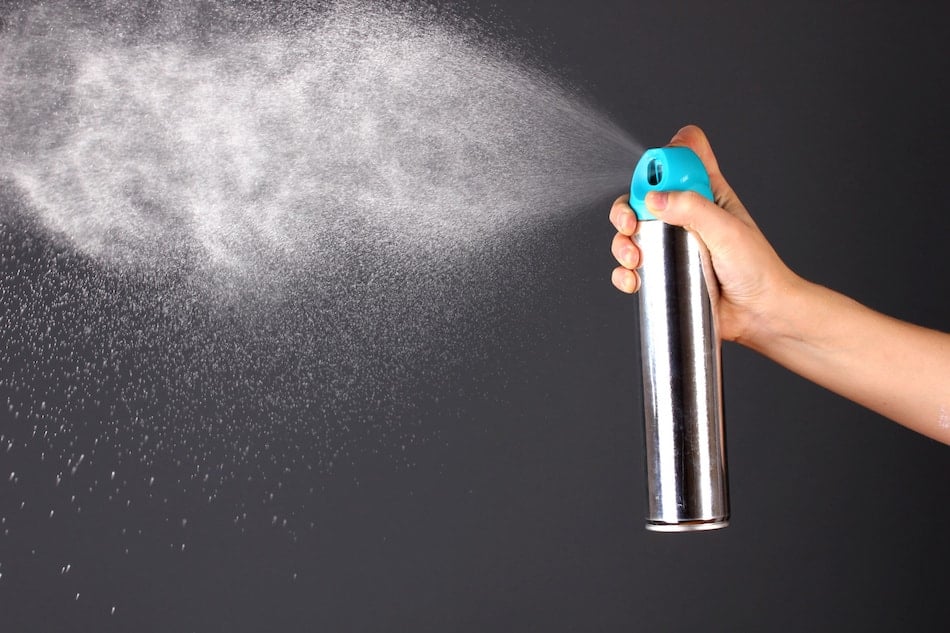
Putting Your Home on the Market? Use These Tips to Get Rid of Problem Odors
 Getting a reaction from prospective buyers when they arrive to view a home is the goal among home sellers, as long as the reaction is positive. But if buyers step into a home for the first time and find themselves greeted by an overwhelming odor, their reaction is more likely to be simply crossing the smelly home off their list and moving on to the next possibility.
Getting a reaction from prospective buyers when they arrive to view a home is the goal among home sellers, as long as the reaction is positive. But if buyers step into a home for the first time and find themselves greeted by an overwhelming odor, their reaction is more likely to be simply crossing the smelly home off their list and moving on to the next possibility.
Common Odors in a Home
Even homes that appear to be clean and well maintained can harbor odors, and in many cases, the homeowners may be blissfully unaware that an odor problem exists. Some of the most common causes of offensive odors in the home include:
- Pet odors
- Smoking
- Cooking smells
- Garbage
- Plumbing issues
- Mustiness
Because many of these smells begin slowly and build over time, occupants of the home may become accustomed to them while guests are more likely to notice them immediately. Sellers who suspect their home may have an odor problem or those who have been told one exists should consider asking a friend, relative or their listing agent to walk through the home and provide them with an honest assessment of any offensive odors they find.
Resist Covering up Odors
When sellers discover that something smells bad in their home, they may be tempted to resort to strong air fresheners in an attempt to cover up the odors. But adding a layer of strong fragrance just compounds the problem. Instead, of attempting to cover up the odor, sellers who want their home to smell fresh and clean must find the cause of the odor and work to remedy it as well as improve air flow through the home.
Professional Odor-Removal
Unpleasant smells around drains and plumbing fixtures may indicate a serious plumbing issue, such as a blockage in a line or a failed septic system or drain line that is allowing sewage or sewer gas to back up into the home. Homeowners who have this type of problem should consider calling a plumber to diagnose the problem before it becomes worse.
In addition, homes that have musty odors may actually have a mold problem. Homes that suffer from higher than normal humidity due to poor ventilation or other causes are at risk for dangerous levels of mold growth. Sellers who suspect mold in their homes should know that mold has been implicated in serious health issues and be prepared to take proper precautions to keep their families safe from exposure to mold spores. For information on mold remediation specialists in your area, contact your real estate professional or local health department.
DIY Odor-Removal Tips for Sellers
Sellers who want to remove additional odors in their homes and prevent them from returning should start with these odor-specific tips.
- Repaint interior walls with an odor-control paint to help remove pet, smoking, and cooking odors inside the home
- Wipe down walls and surfaces often with a mixture of one part white vinegar to three parts warm water to neutralize odors
- Rinse or spray smelly dogs with a solution made of two tablespoons baking soda dissolved in one quart of warm water to neutralize odors
- Take garbage out daily and sprinkle baking soda in the bottoms of trash cans to absorb smells
- Keep a shallow bowl filled with white vinegar on kitchen counters and windowsills to absorb strong cooking odors
- Try an enzyme spray to remove pet urine and odors from carpets and upholstery
- Open windows in the home as often as possible to help circulate the air and remove stale odors throughout the home
- Change HVAC filters more often and consider having duct work checked and cleaned, if needed
- Vacuum more frequently with high-efficiency filters and bags to collect particles and pet dander that can add to odor issues
For additional help with detecting or removing odors from the home, sellers should consider discussing the matter with their real estate professional. The agent can tour the home with the seller and provide helpful tips on remedying odor issues. In addition, the listing agent can provide referrals to cleaning specialists, repair contractors, and carpet installers who can provide expert assistance in removing smells from the home.



